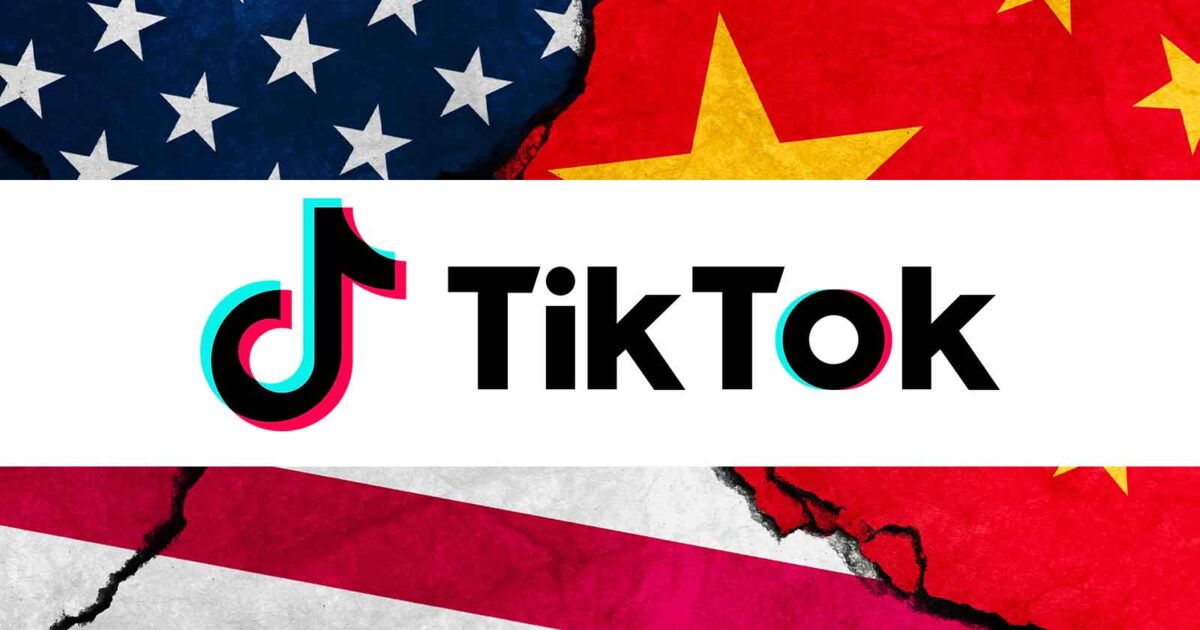
China has signaled its opposition to the forced sale of TikTok in the U.S., leaving the app’s owners with fewer options as potential buyers line up to bid for its U.S. operations.
The Chinese government has criticized U.S. actions targeting the short-video-sharing app, indicating to TikTok’s owner, ByteDance, that it would prefer to see the app banned in the U.S. rather than sold, according to sources familiar with the matter.
This stance puts ByteDance in a difficult position as TikTok faces its most serious threat in America, its largest market with 170 million users.
In Washington, the House overwhelmingly voted to pass a bill requiring ByteDance to sell off TikTok or face a ban, citing national security concerns over the collection of American user data by its owners. TikTok has stated it will not share data with the Chinese government, even if requested.
The bill now moves to the Senate, where lawmakers are taking a more cautious approach. President Biden has indicated he would sign the bill if it reaches his desk.
China’s Ministry of Commerce spokesman, during a routine news conference, urged the U.S. to stop unfairly suppressing TikTok and emphasized compliance with Chinese laws and regulations.
Internally, ByteDance founder Zhang Yiming, a major stakeholder in the company, has not shown interest in engaging with external buyers to divest his TikTok shares.
Former Treasury Secretary Steven Mnuchin announced plans to form a consortium to purchase TikTok. Reports suggest that Bobby Kotick, former CEO of Activision, has also approached Zhang.
TikTok’s valuation is estimated to exceed $100 billion, with revenue reaching around $20 billion last year, although it has yet to turn a profit.
TikTok finds itself amid geopolitical tensions between the U.S. and China, having survived previous regulatory challenges. Efforts to address concerns about American user data through “Project Texas” have faced difficulties.
ByteDance has increased lobbying efforts in the U.S., focusing on the Senate, where the bill is expected to encounter more resistance than in the House.
TikTok’s success globally is viewed in China as a significant achievement, with policymakers seeing attempts to force a sale as an affront to national interests.
Efforts by TikTok to mobilize U.S. users to oppose the bill have drawn praise in China but criticism in the U.S.
The potential ban of TikTok in the U.S. could set a precedent for similar actions against Chinese companies on national security grounds.
President Biden has ordered an investigation into foreign-made software in cars, citing Chinese technology as a potential national security risk.
As long as ByteDance remains firm in its stance, the pressure on lawmakers and the Biden administration to weigh the political risks of removing TikTok will persist.
China’s export-control list, which includes TikTok’s content-recommendation algorithms, gives it leverage in any potential sale.
TikTok’s increased engagement with users and businesses in the U.S., along with the rise of competitors like Instagram Reels and YouTube Shorts, could make a ban more challenging to implement.



